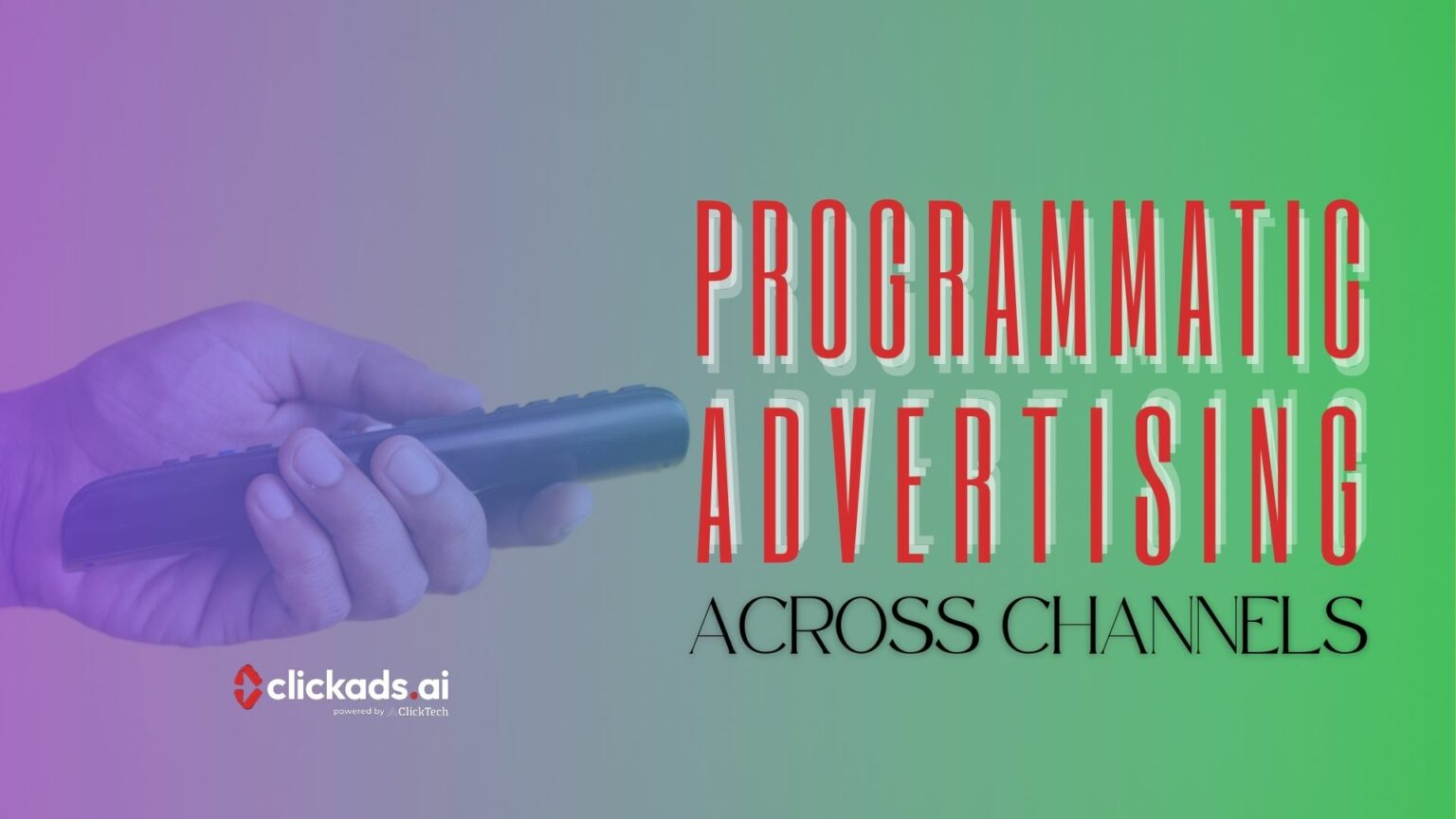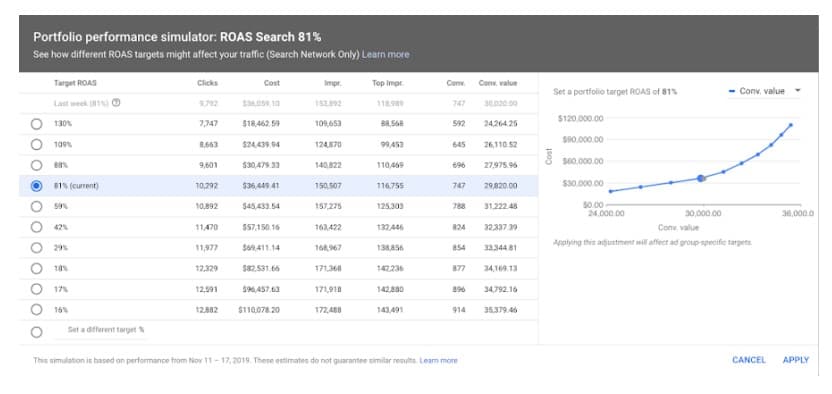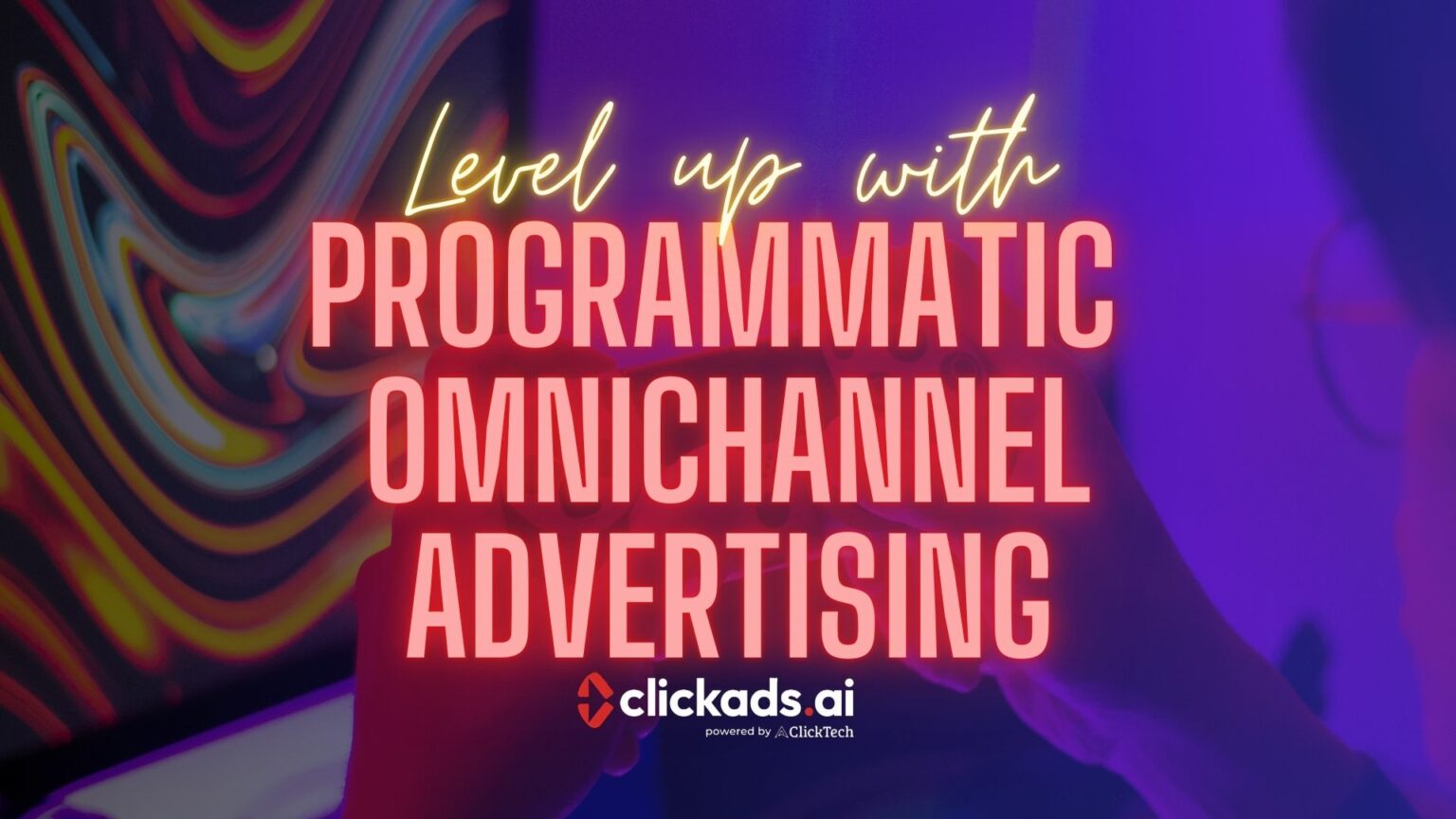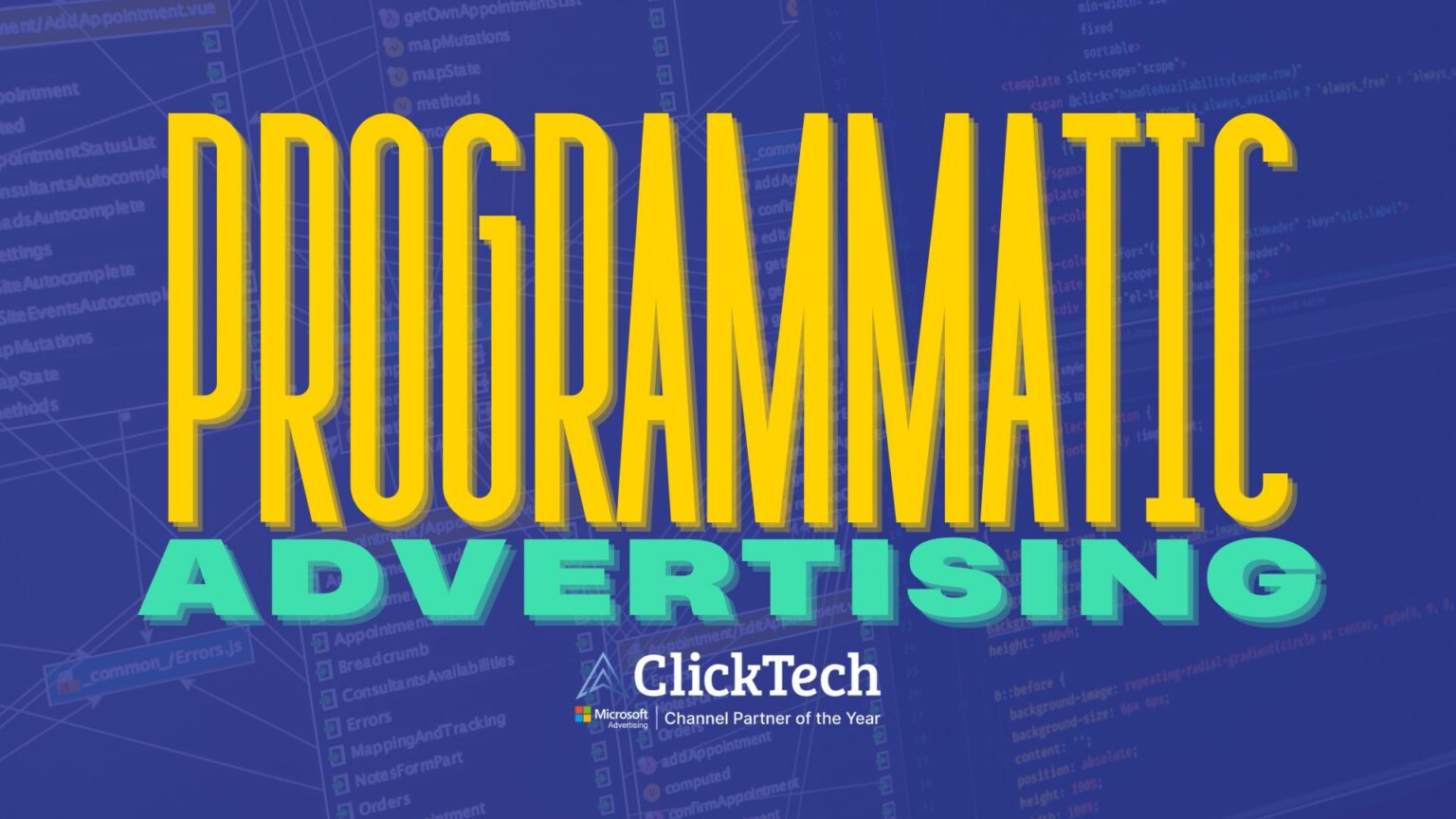
AdLeaks TV Episode 4: Advertising Tips, Tricks & News You Shouldn't Miss
If you aren't already aware, AdLeaks TV is in full swing! There have been a total of four episodes aired so far.
In an effort to bring you added value, we've embedded the video and a full transcript of the fourth episode for you.
Let’s jump into it!
AdLeaks TV Episode 4
AdLeaks Episode 4 Transcripts
Tim's Show Intro:
To Dino Panopolous, who keeps doing these weekend reviews has been amazing. Thank you, Dino, so much. I really appreciate it. I also want you guys to keep in mind that this year that the political arena is just starting to heat up. So we're likely to see an unseasonal increase in CPMs due to the election year. So be ready for that.
Also, don't forget, if you aren't a member of Adleaks, don't forget to join Adleaks.com to get access to all these posts I mentioned in the video as well as five hundred other videos courses, How-To's tutorials and more, not to mention dozens of amazing deals on your favorite software and services that can literally save you hundreds of dollars a month, if not more.
All right, guys. Also, we've got to Adleaks TV episode three. If you have not seen Adleaks TV episode three, go check it out.
I also want to announce that one of our official partners, Welling Media. That's Chandler Welling who owns Welling Media. They're starting to offer packages now starting at fifteen hundred dollars a month. So for those of you that didn't think you could maybe afford them in the past, definitely give Welling Media a try. They do some excellent, excellent videos for your products. Highly recommend.
Alright, this next post, guys, is by Nicholas Harvey, it's Google-enabled bid simulator for target ROAS budget simulator for maximized clicks and conversions. OK. This simulator works the same way it does in manual and targeted CPA bidding campaigns.

The projected impact of a change is based on your auction data from the past seven days. And it assumes all the other influences such as your ads, landing pages, your competitors, ads, bids, etc. all stayed the same. Why do we care about this? Right? Well, the simulators can be helpful directional indicators of the potential performance impact for making bid or budget adjustments. OK. And as always, keep in mind the projections are based on historical data and actual future performance can and often does vary from these projections. This is very similar to the conversion simulator where you can adjust the budget on Facebook and it tells you how many conversions you're gonna get. And Facebook, it's not that accurate. In Google, it seems to be slightly more accurate. So, way to go to Google.
This next post was by none other than our Justin Brenner. This is Safeguarding Your Profile and Business Manager. This was a great ten-minute video. Nice and quick. And it simply walks you through how to confirm your identity with Facebook in advance to safeguard your profile and business manager. This is a must-do for everyone and something that I did right away as well. Highly, highly recommend you check that out.
This next post is FCO on fire. Number three. It's a 30-minute video by Marty Marion. Thank you, Marty. This is a private look and walkthrough of how Marty does his keyword research from an over the shoulder perspective. All right. There are tons of gold nuggets in here, both for SCA as well as for your Google keyword ads. So if you're doing SCA or Google keyword, as you definitely check out this video, I want to say thank you, Marty, for keeping up with the great content. Thank you.
The next post was by David Sharpe with Adzooma, one of our partners. This is about stretching your brand further with semiotics. This was a great post about the use of symbols, colors, implied and unemployed meanings in relation to brand building and brand loyalty. Once you start to unpack how signs and signifiers all work together and a web of meaning, you can identify where your offering sits.
It's important to remember that people buy products that symbolize what they believe, help represent what they symbolize themselves. The world is just one big symbol. If you're trying to solve a problem for your audience, you're in essence trying to create a new symbol from scratch for them to identify you. But trying to do this when every symbol already seems to be taken is very tough. That's why semiotics is so important only through understanding symbols. He shares examples from Apple and many others. This is a great, great deep post on branding that I highly, highly recommend you check out how to win with Google shopping ads in 2020.
[00:05:47] All right. Vincent gives us three recommendations here to make sure that you stay ahead of your competition and 2020 with Google shopping ads. For those of you not doing Google shopping and you definitely to hop on the bandwagon here. OK. Number one, Google shopping bill ads. It helps you highlight multiple products you have available for sale within your sponsored image and you can see it as the equivalent to Instagram shopping ads. Basically, it's currently running in beta, but likely to be rolled out in 2020 here.
So watch out for that number to always implement your unique product identifiers for more reach and your product feeds. Having a quality product feed is about 70 percent of your Google shopping results and quality means relevant data. All right. Unique product identifiers or UPI are a big part of that global trade item numbers or GTA ends manufacturer part numbers or NPM ads and brand names are civically crucial and determining the quality. All right. Why? Because Google is able to recognize the exact product, as these are universal codes. Google can identify multiple attributes of your product simply by having the GTA ad, for example. So in short, UPI determines the visibility of your product listing ads. Number three, automatic image improvement.
If you're not able to take better product images yourself and you have small obstructions in your product image, you can ask Google automatically to improve the images. This means it can remove promotional text on your images like "sale" or "buy one, get one", et cetera, so it doesn't automatically for you. Thanks for making it easier on us, Google. We appreciate it. And if you're not getting into Google shopping ads, guys out there, you need to get into it. It'll make you a lot more money. It's honestly much easier even than Facebook, but something you should be doing in conjunction with it. So definitely recommend you do that.
[00:07:54] This next question was, ”Has anyone's business manager on Facebook been shut down from a partner shared ad account?”
Basically, let's say one of your clients you share an ad account with does something wrong and you get banned. Right. Will that affect you? Long story short, you want to make sure that you add yourself to your client's ad account (as a partner), and you don't add your personal profile to their business manager directly, or you could face the same penalties. The same penalty that they do. So if you if they added the business manager directly and then they get banned from Facebook because they did something wrong or whatever, you could get banned, too. I've seen it happen many times. So make sure they add your business manager as a partner. Very important.
This next question was, ”How do you structure audiences in YouTube ads?”
Great question. Devon asked when running YouTube ads, “Is it best to use multiple ad sets for each audience or break it out to one ad set per campaign?“
Jonathan White and Brad Vukovar both agree that doing one audience per campaign is best. And from what I've seen on YouTube ads, this is 100 percent correct. So I‘ve got to go with that advice.
This next post was about firing Facebook events on Click. Let's say that someone clicks a button or something on your page and you want to be able to fire a Facebook event to track it. OK, this is a great post that shows you exactly how to do that with JavaScript so you can make an on click event so you can fire a Facebook event when someone clicks a button or a link on your Website or whatever you want. This is super powerful, especially for squeeze pages and lots of other things.
This next question was anyone is anyone running CBD on Google ads. All right. My favorite answer was by none other than Stephen Black. So thank you, Stephen.
Stephen says, run the ad to a quiz page and then give them the link after the quiz based on being a qualified lead. If you're talking AdWords, then use a peripheral keyword and set the quiz up in a way that talks about symptoms that CBD might fix without actually mentioning CBD.
He says he would also include questions about their feelings on homeopathic treatments or natural treatments. You want to get them through that and then give them the CBD page link on the backside at the end of the quiz. You also have their email this way where you can further nurture them.
This all keeps you away from Google's radar and you can advertise for CBD. Additionally, by using peripheral keywords, you further up the funnel, which means they do require a bit of nurturing.
But the CPC in a CPA is way less expensive than product targeting keywords. If you want to use a great quiz builder Stephen recommends Outgrow Seo. It's a great one that works great with the sort of thing.
This next question was a really interesting one that I actually haven't seen before, “What factor do you think makes a company established?” What makes a company established? Is it time or revenue or having a board of directors? What do you think it is?
Well, here's a great answer by Chandler Welling. This is actually a really, really good question and it's tough to answer in short. But Chandler Rowling's answer was great. He said in his opinion, it's brand equity or respect slash reputation. This is somewhat encompassing of many things. If you can survive long enough to build brand equity, you're likely past the startup stage and you can say you're established.
Having brand equity means you've impacted a market enough for the market to recognize you as a respected player in the game. It means you can shut off your ads for a day or two and still have sales flowing in. A lot of people can't do this. OK. That is, in my opinion, also what an established company is.
This next question was and is very relevant. Honestly, for almost every one of you in the group, especially if you’re doing e-commerce. “How do you check if a product is patented?”
Great question. Right? The answer is in the comments here by Damion de Franco. He gave a very detailed answer. It's way too long to cover here on Adleaks TV, but it's definitely a great, great read for a number of reasons. And if you want to make sure you don't have to deal with any patent lawsuits, definitely check this post out.
This next post was a question about best practices for contests. All right. The answer is by Van Oaks. Love you, Van.
He said, “That's all we do is contests, but we do it a little bit differently. Every one dollar spent is one entry to win.“
The more you spend, the better your chances are to win. There are some red tape and hoops that you have to jump through, but he's willing to bet that the quality of the traffic is just as good as any other traffic.
A lot of people have the stigma that you're going to get a low-quality customer via contests. That's only if you do it in the wrong way. So I deftly recommend you check that post out. And thank you, Van, for the answer.
This next question, which is a question that I get fairly often, honestly, is about hiding all comments for moderation purposes.
Long story short, I do not recommend that you hide all your comments for moderation purposes. It can be a good temporary fix for certain solutions.
Maybe you run out of stock or your customer service team didn't have access to their e-mail for like a week or something terrible happened. And you're getting tons of negative comments.
Then it might be a good idea to do this temporarily, but you should not be doing this. Ongoing customers will call you out for hiding comments. It's just not good. Don't do it.
This next question was, How do you handle creative fatigue?” For those guys, I know that means it means, you're creatives are burning out. They're not working as well anymore.
What do you do? All right. This is a great post with a lot of great answers. Honestly, but personally would recommend constantly trying new creatives.
And if you saw the posts from Maxwell Fan a week or two ago about tracking political ads, he showed the level of testing the various presidential campaigns are doing. It's incredible. And I've generally seen that the more you test, the better. But there's also something to be said about over-testing. You don't want to spread your budget too thin.
So test a lot, but don't test too much where you're only getting a handful of impressions on each ad. Otherwise, even Facebook can't make a determination. So definitely don't overtest.
All right, guys. Well, thanks for tuning into Adleaks Episode Four, this is your host, Tim Bird. You stay classy, AdLeakers!
Did You Miss AdLeaks TV Episode 3?
Just in case you missed AdLeaks Episode 3, here it is for your viewing and learning pleasure:





